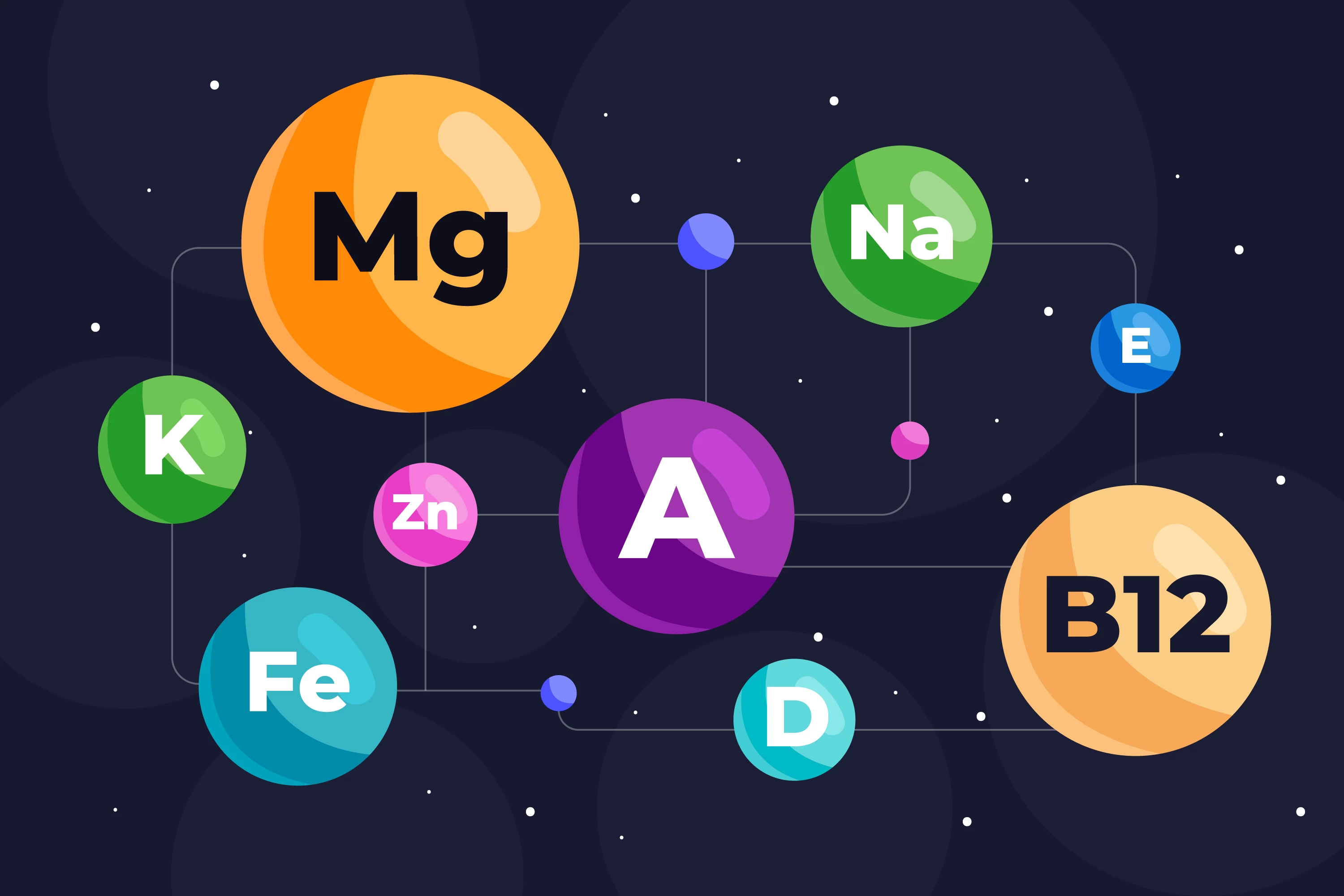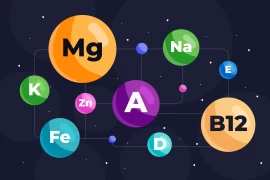
Magnesium in 10 Ingredients Health Benefits
- Magnesium in 10 Ingredients Health Benefits
- What is Magnesium?
- What Are the Forms of Magnesium?
- What are the Types and Uses of Magnesium Supplements?
- Use of Magnesium for Health
- Health benefits of magnesium in 10 items
- How to Identify Magnesium Deficiency?
What is Magnesium?
Magnesium is an element in the periodic table number 12 with the chemical symbol "Mg". It is a silvery-white and light metal.
What Are the Forms of Magnesium?
If you have taken magnesium supplements before, you must have seen it. Magnesium exists in many different forms. These;
- Magnesium citrate
- Magnesium malate
- Magnesium bisglycinate
- Magnesium threonate
What are the Types and Uses of Magnesium Supplements?
1. Magnesium Citrate
- It is a form that is easily and quickly absorbed into the blood circulation and body tissues.
- It is the form that should be used primarily in constipation.
- It is good for indigestion problems.
- It helps to reduce muscle pain.
- It protects against arteriosclerosis.
2. Magnesium Glycinate
- It has a calming, relaxing, anxiety-relieving effect.
- Relieves premenstrual syndrome symptoms.
- It provides blood sugar control in people with diabetes.
3.Magnesium Malate
- Increases muscle performance.
- Anxiety, depression, etc. It is useful in mental states.
- Increases energy production.
- It reduces fatigue.
- Unlike other forms, it can cause sleep deprivation.
4.Magnesium Threonate
- It can easily increase the magnesium level in the brain.
- Improves learning, concentration, memory, etc. improves cognitive functions.
- It helps to reduce anxiety and stress.
5. Magnesium Orotate
- It helps to protect and improve cardiovascular health.
- Improves exercise performance in patients with heart disease.
Since magnesium supplements can interact with various drugs, vitamins, and mineral supplements, they should be used under expert control.
Use of Magnesium for Health
Now let's come to the importance of magnesium in terms of health.
Magnesium is a very important mineral that takes part in hundreds of chemical reactions in our body, including energy production and protein production, as well as the regulation of the muscle and nervous system.
Although it's found in a variety of foods, from green leafy vegetables to nuts, many people don't get "enough" magnesium from their daily diet.
As such, some disruptions can be seen in the body's metabolism and functions. It is very important to have this mineral, which is very important for our health, both on our table and in our body.
Health benefits of magnesium in 10 items
- It can support your bone health: About 60% of the magnesium in your body is found in your bones. This is why some research reports that magnesium deficiency may increase the risk of osteoporosis, a condition that causes bones to become brittle and weak.
- May help better sleep quality: It can improve both your sleep quality and sleep duration by regulating several neurotransmitters involved in sleep, such as gamma aminobutyric acid.
- May improve premenstrual symptoms (PMS): Magnesium levels can fluctuate throughout the menstrual cycle, which can worsen premenstrual syndrome (PMS) symptoms in people with magnesium deficiency.
- May be effective in preventing migraine attacks: Individuals experiencing migraine attacks may have low magnesium levels. Some studies have shown that migraine attacks are prevented if magnesium supplements are taken.
- May support heart health: Magnesium lowers blood pressure levels, which means reducing many risk factors that impair heart health.
- May help regulate blood sugar levels: Magnesium supplements play an important role in blood sugar control as they act on insulin sensitivity.
- May affect mood changes: Magnesium deficiency may be linked to depression. Magnesium supplements may be helpful to reduce the symptoms of depression.
- Effective on vitamin D levels: Magnesium is a mineral that helps regulate calcium and vitamin D levels. Therefore, it may again have a regulatory effect on bone health.
- May have an effect on exercise performance: Research shows that magnesium supplements can be beneficial for older adults and people with magnesium deficiency to improve exercise performance and prevent cramps.
- May have anti-inflammatory benefits: Decreased magnesium intake may be associated with increased levels of inflammation with aging and chronic disease.
How to Identify Magnesium Deficiency?
Due to the low amount of magnesium in the blood, its determination from blood tests may not give an accurate result; For this reason, do not forget that an intracellular test method should be performed and you should definitely get support from an expert about magnesium supplementation.



